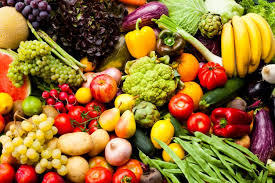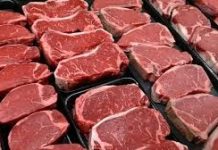World Desk
FAO Food Price Index has risen for the fourth consecutive month, with prices of most commonly-traded food commodities going up.
The FAO Food Price Index is a measure of the monthly change in international prices of a basket of food commodities. It consists of the average of five commodity group price indices.
According to a press communication issued by Rome-based Food and Agriculture Organization (FAO), the Price Index averaged 182.5 points during the month, up 0.7 percent from December and 11.3 percent higher than the same month a year earlier.
Vegetable oils, sugar, and wheat were the chief drivers of the index, which tracks monthly changes in the international prices of commonly-traded food commodities.
The FAO Vegetable Oil Price Index increased 7.0 percent for the month, hitting a three-year high as prices for palm, soy, sunflower and rapeseed oils all rose. Prices lost strength in the second half of January, however, reflecting uncertainties over trade, the potential impact of the recent coronavirus outbreak and trade tensions between India and Malaysia.
The FAO Sugar Price Index rose 5.5 percent, propelled by expectations of much lower sugar output in several major producing countries. The increase was mitigated by the continuous weakness of the Brazilian currency and the recent decline in crude oil prices, which affects demand for sugarcane to make ethanol.
Agriculture: FAO launches 2020 as International Year of Plant Health
The FAO Cereal Price Index rose 2.9 percent from December, led by higher wheat prices, followed by maize and rice, largely on firmer demand and a faster pace in purchases by several countries.
The FAO Dairy Price Index rose 0.9 percent, buoyed by strong import demand for butter, cheese and skim milk powder.
The FAO Meat Price Index, meanwhile, reversed an 11-month upward streak and declined 4.0 percent during the month because of reduced purchases from China and the Far East as well as large export availabilities of bovine and other red meats.















